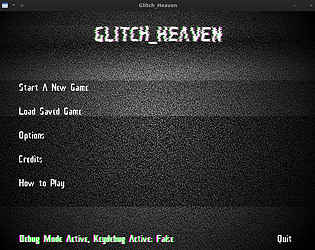FilenotfoudError just means that Python cannot find a file you're trying to open (probably the image file) from where you're executing the script (the script and image file should be in the same folder to work as written).
Considering you're just starting your programming journey I can suggest these books from the great Al Sweigart:
- https://inventwithpython.com/invent4thed/
- https://inventwithpython.com/pygame/
They're great material. (The entire collection is a goldmine, free to read online)
For the discord, i humbly apologize but I prefer not give it away. Although I'm more than willing to help to any extent possible either here or on GitHub's discussions.






